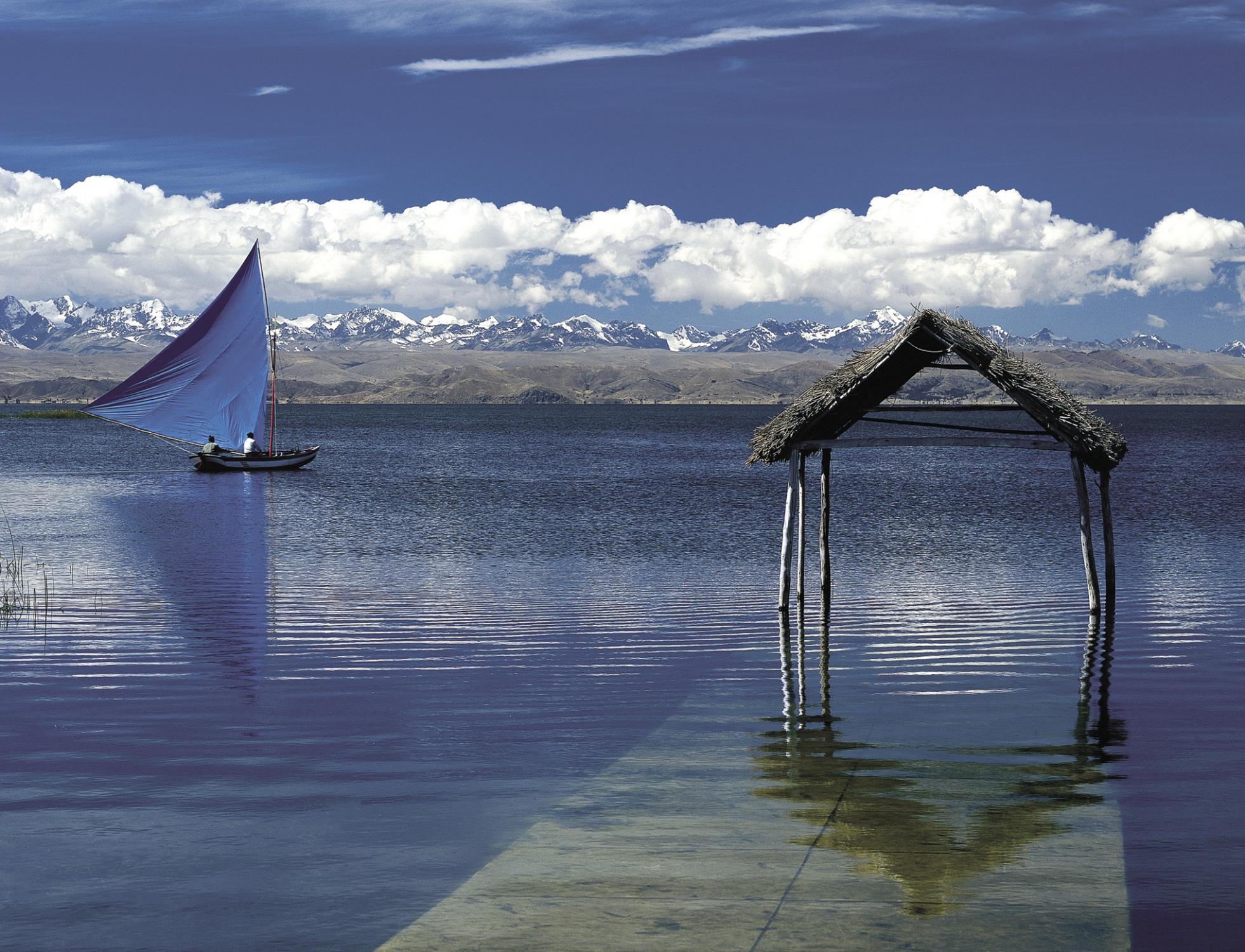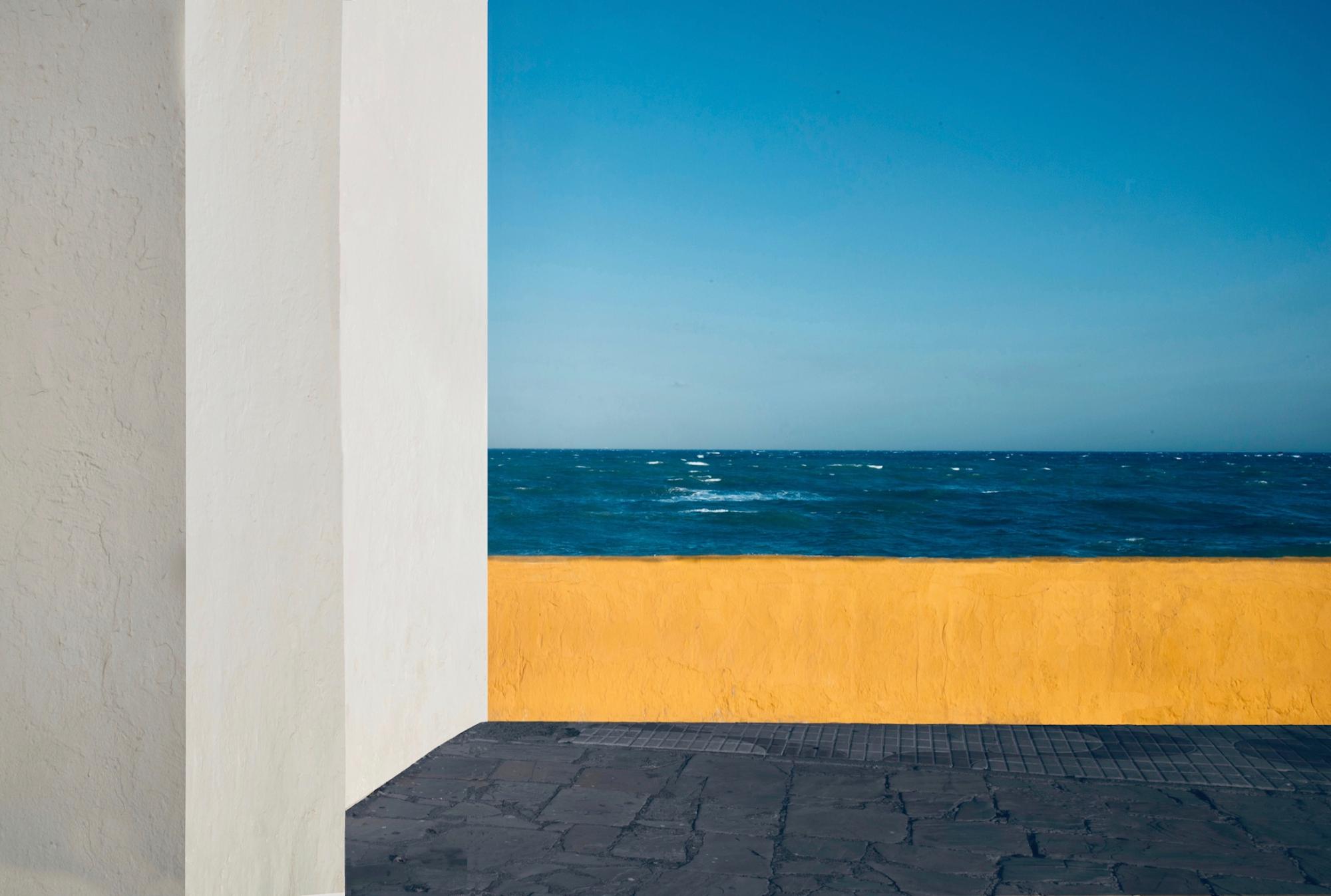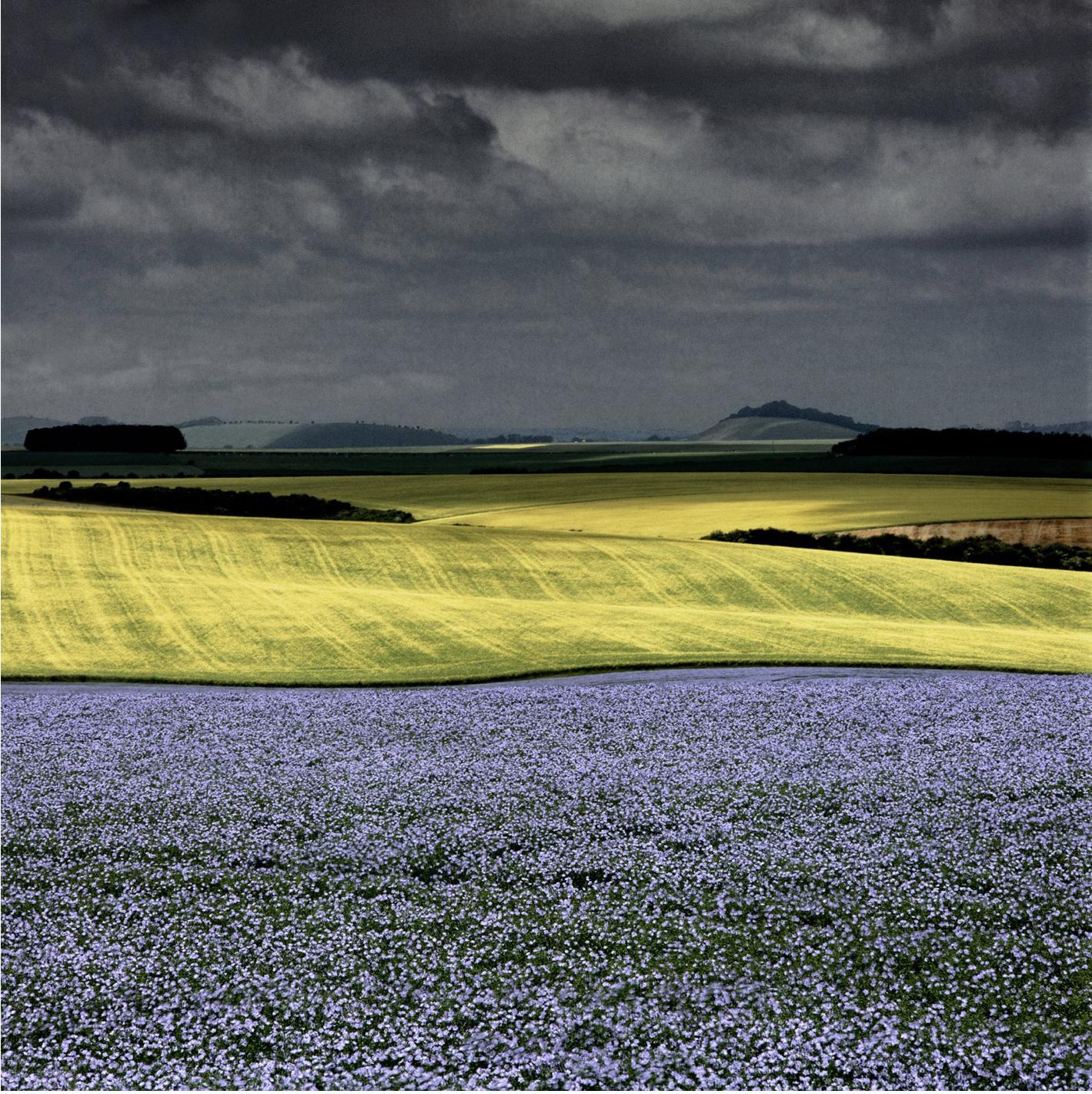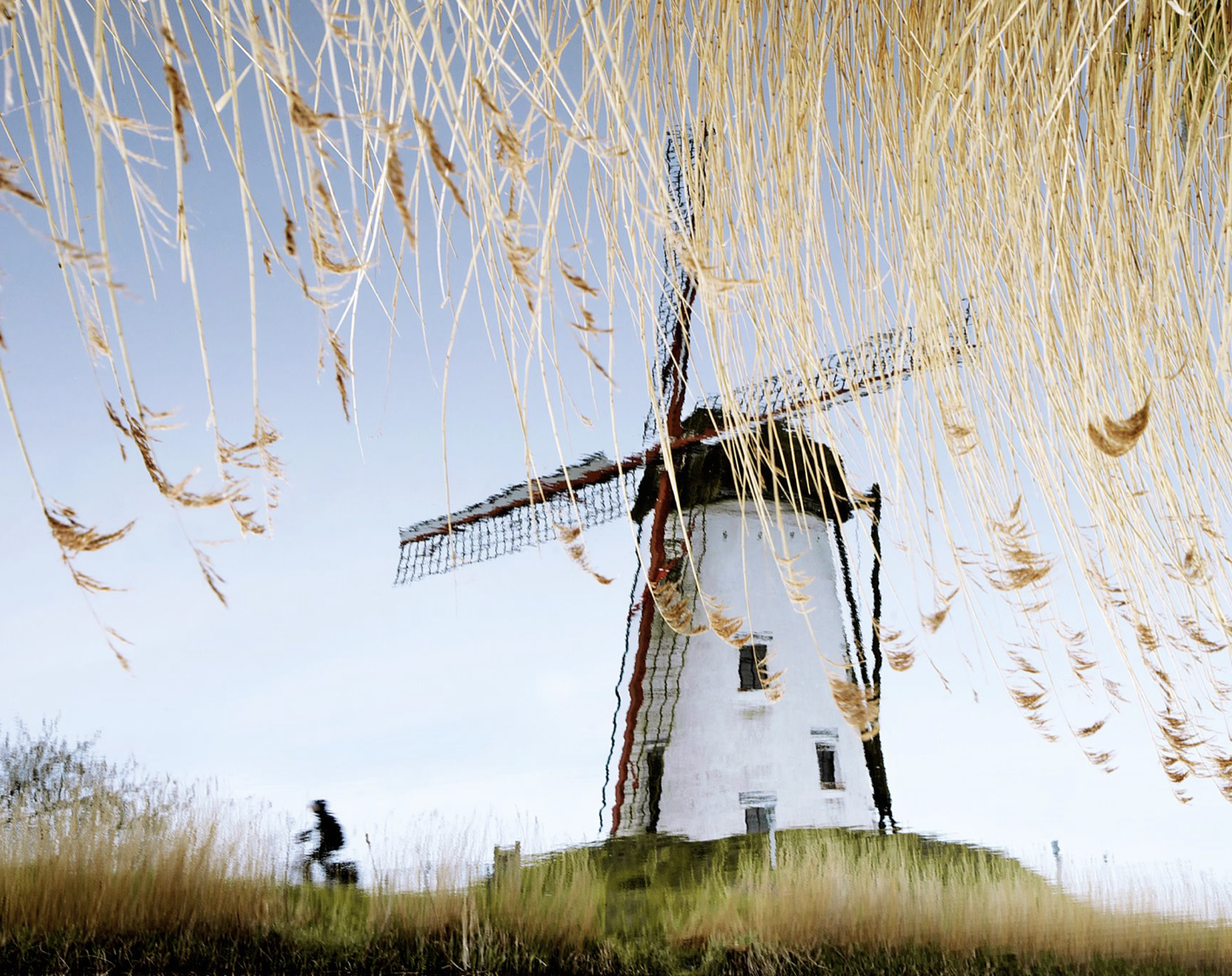Light & Land
What is Landscape Photography?
16th April 2019
What is Landscape Photography?
When it comes to photography, landscape is a broad term, to my mind, it is defined as being any image made outside. No doubt, the term could be subdivided into cityscapes and seascapes etc. but the landscape photographer needs to get out from under any roof and will respond to numerous stimuli that they encounter, be it in the highlands of Scotland or in the heart of a city.

The photographer must have their antennae up, be super alert and be as visually agile as they can be. They must attend to everything they see in front of them and when their image is made, they must try to ensure that all that was there, was intended to be there in their final image. When looking at the final image made, it is not really acceptable for the landscape photographer to find themself saying, ‘I didn’t see that’, photography is about perception after all.
But what is it about the landscape that compels us to want to make images of it? If we are unable to paint, then the camera becomes the most perfect tool with which to visually express the very special and personal engagement that each one of us has with the land.
I know that I feel an overwhelming need to own my response to a landscape that I deeply care for. If I am forced to tolerate compromises with the resulting image showing to have departed from my pre-visualisation then the photograph will have failed, it will not wholeheartedly evoke my experience and will fall short of my intended interpretation.

But for some photographers the big expansive landscape can be daunting and overwhelming, many will turn away and choose a subject that is more ‘manageable’ and altogether less threatening.
I remember a retired businesswoman who had been hugely successful in her career who I was helping with the elusive issues of composition on a Light & Land tour. We were looking out over a ‘gifted’ magnificent landscape, which had all the great classic components of mountain, valleys and lakes along with a breathtaking sky of high cirrus. She turned and asked how could she possibly achieve making an image that would convey back to her the sense of wonder and amazement that she felt so profoundly as she stood there. We discussed what the reasons might be behind why viewers of any landscape photograph make either a favourable or unfavorable response. Words like coherence and cohesive, relationships, dimension and recession were tossed about and of course the play of light and shadow contributing to an understanding of depth. We concluded that it rarely followed that for a photographer to assume that if they simply ‘aim’ their camera at a breathtaking view, it would accordingly result in an equally breathtaking photograph.
It seems to me that as with any creative endeavor the wrestle is about the decision making processes that prevail and then hopefully that glorious moment when the image is seen to ‘work’ and all the elements interlock to make a pleasing whole. It does not come easy.

I am reminded of Ansel Adams the great landscape photographer who was known to have said that "If you make twelve landscape photographs that count, then you are doing well".
Planning and preparation is so pivotal to successful landscape photography and prior to any photograph being made, it is well worth reading the landscape and deciding on what elements are redundant and need to be omitted.
Ensuring the story one wants to tell is clearly and simply told will, it is hoped, convert into an image that may be proudly framed and displayed on a wall bringing pleasure and pride to the photographer. Then in the final analysis, the viewer of that same image will feel that they were standing beside the photographer as the image was made.
Charlie Waite

To see all of Charlie's upcoming tours and workshops for Light and Land please click here.

